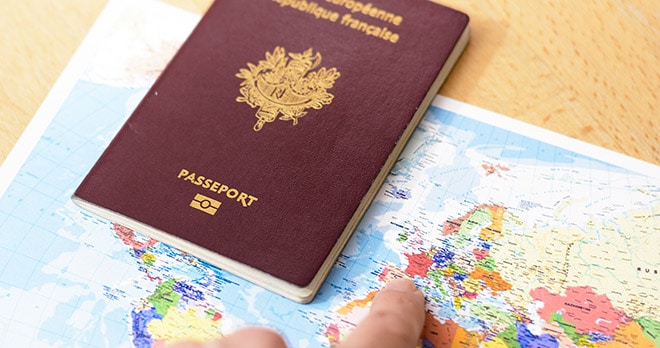The UK’s new immigration system is being implemented in January 2021 – is your business ready for these changes?

1. The end of free movement for EEA nationals and their family members
While the UK was part of the EU, EEA nationals were able to live and work in the UK with very few restrictions. They were also able to bring their family members with them, even if they were from outside the EEA. This free movement continued during the transition period after the UK left the EU in January 2020.
Free movement will end at 11pm on 31 December 2020. Any EEA nationals entering the UK after this point will fall under the new immigration system, in the same way as individuals from outside the EEA. This means they will not automatically have the right to work in the UK and will need an appropriate visa allowing them to work for their employer.
Any EEA nationals and their family members who are already in the UK before the cut off will be eligible to stay in the UK indefinitely if they obtain settled status. The deadline for applying for settled status is 30 June 2021. You can encourage your employees who may be eligible for settled status to make their application before the deadline, so that you can keep employing them.
2. The replacement of the current Tier 2 (General) route with the new Skilled Worker route
The current sponsorship system for migrants from outside the EEA will be extended to apply to EEA nationals and their family members as well. This will be re-named the Skilled Worker route.
More migrants will qualify under the Skilled Worker route than currently qualify under Tier 2 (General). This is because the minimum skill level and minimum salary required for sponsorship are both being reduced. Employers will be able to sponsor migrants to work in a role skilled to RQF level 3 (equivalent to A level) rather than the current RQF level 6 (equivalent to degree level). Employers will also be able to pay a salary of between £20,480 and £25,600 (depending on other factors), instead of the current £30,000 for most roles.
The Skilled Worker route will have an element of "point scoring". Migrants who don't score enough points for their salary can offset this against other factors, such as working in a role that’s on the Shortage Occupation List.
If you have a sponsor licence already
You should familiarise yourself with the changes under the new immigration system. If you don't plan to sponsor any new migrants for the time being, then there may not be any changes that you need to implement now.
However, any new migrants sponsored from 1 January 2021 will fall under the new system. You will need to apply the new point scoring system to see if they are eligible for sponsorship.
You should also be aware that the Government has announced that it's planning further changes to the immigration system next year, and into 2022, in order to try to simplify the system for sponsors. So there will be further changes to look out for next year.
Please get in touch with a member of our Immigration team to discuss the new system and how this might impact on your recruitment plans in 2021.
If you don't currently have a sponsor licence
You need to consider whether you will need one now you cannot rely on free movement of EEA nationals. Even if your workforce doesn't currently rely on EEA nationals, you may still want to consider getting a sponsor licence as the roles that will be eligible for sponsorship will be much wider.
You don't need to wait for January 2021 to apply for a sponsor licence. In fact, if you think you will need a sponsor licence next year, we would advise that you consider making the application now, as it's likely to take a few months to get this in place.
For more Brexit related information and advice, please visit our Brexit Hub.